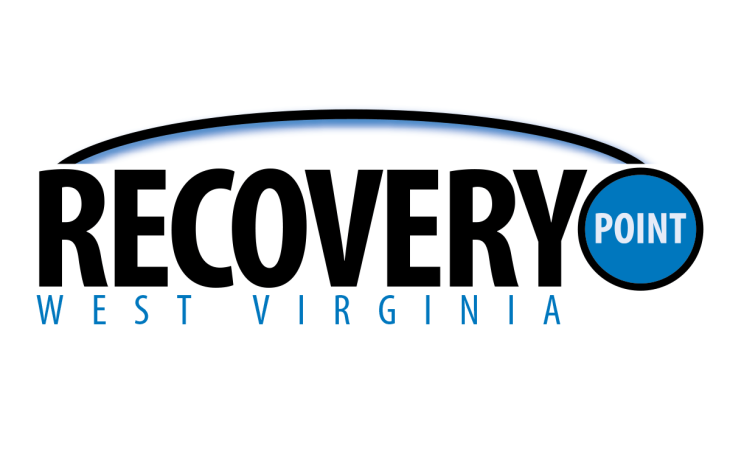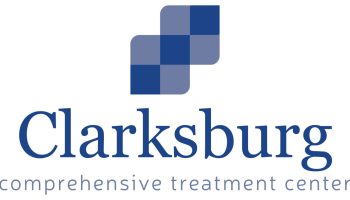About Recovery Point of Huntington
Recovery Point’s center in metropolitan Huntington in West Virginia is a 100-bed treatment facility for substance use treatment, exclusively serving male clients. They provide a full continuum of care for men struggling with addiction starting with a non-medical detox and running through recovery and aftercare services.
Treatment comes at no cost to the client, so willingness to participate through daily meetings is essential to make the waitlist. They must also be willing to not have cell phones or electronic devices in the first phase of the program.
Clients chemically dependent on drugs will start treatment at Recovery Point in the non-medical detox program. A typical stay in detox lasts 3 to 7 days and staff trained in first aid monitor clients around the clock to check vital sides. While clients will be kept comfortable, no withdrawal management drugs will be administered unless previously prescribed. If necessary, clients may be admitted to the hospital to detox under the care of a physician.
Once stabilized, detox clients start attending in-house classes and meetings to best prepare them for their recovery journey. They’ll learn 12 step principles, interact with other residents, and meet with peers who have successfully completed addiction treatment at Recovery Point.
After detox, clients enter the recovery program, which has several phases. In the initial phase, “Off The Streets,” residents are introduced to the core concepts of recovery, learn the basics of personal accountability, and practice sober living skills. The final phases are the “Recovery Phases” where clients complete a program of recovery dynamics, peer mentoring, and community meetings. Upon graduation from the Recovery Point program, clients can move into the peer mentor office or the transitional living house.
Operation Hours
- Monday Open 24 hours
- Tuesday Open 24 hours
- Wednesday Open 24 hours
- Thursday Open 24 hours
- Friday 9AM - 4PM
- Saturday 8AM - 5PM
- Sunday 8AM - 5PM
Levels of Care
-
Inpatient
Inpatient and residential programs provide round-the-clock medical and emotional support as you live at the treatment facility. This level of care may be recommended if you have severe addictions or mental health conditions since it removes outside distractions and allows you to focus solely on therapy.
-
Outpatient
In outpatient therapy, you’ll attend therapy sessions several times each week while living at home. This is ideal if you have a strong support system and a lower risk of relapse. Outpatient treatment offers flexibility to maintain work, school or family obligations.
Detox Service Setting
-
Inpatient Detox
Inpatient detox occurs in a dedicated treatment facility. You’ll live there around the clock and receive intensive medical support and supervision to help manage your withdrawal symptoms. It is suitable for individuals with moderate to severe addictions as it ensures a stable detox environment.
-
Outpatient Detox
Outpatient detox gives you access to medically supervised withdrawal services while still allowing you to live at home. You’ll attend a clinic for treatment and monitoring. This flexible option is suitable for those with mild to moderate withdrawal symptoms who have strong support systems.
Programs
-
Teen (13 - 18)
-
Adult (18+)
Adult programs address the substance use and life challenges specific to adults. Therapists can deliver sessions in individual, group and family settings. Services often include job support and life skills training in a structured environment.
-
Seniors (65+)
Senior programs address the unique needs of older adults like chronic pain, grief and isolation. Programs include peer support and medical oversight for age related health concerns. The goal is to improve quality of life and promote sober aging.
-
Women
Women's programs offer a safe and supportive space to focus on gender specific issues such as trauma, family roles and mental health conditions. Therapists tailor the sessions to address women's needs and foster empowerment in a healing and nurturing environment.
-
Men
Men's programs address substance use while also considering the social pressures, family roles and mental health concerns that are specific to men. You’ll learn healthy coping mechanisms as you build emotional resilience and develop communication skills.
Accreditations
-
State License
Medications Offered
-
Methadone
Contact
2425 9th Avenue
Huntington, WV 25703





